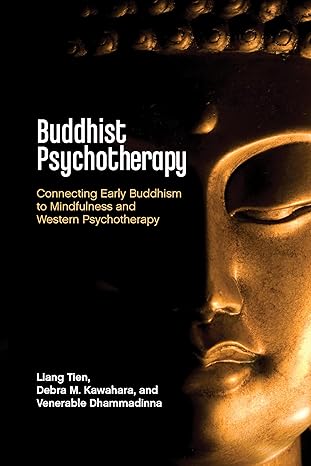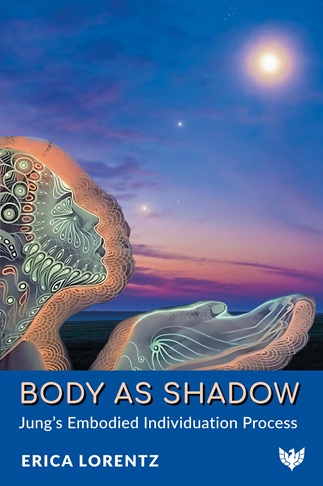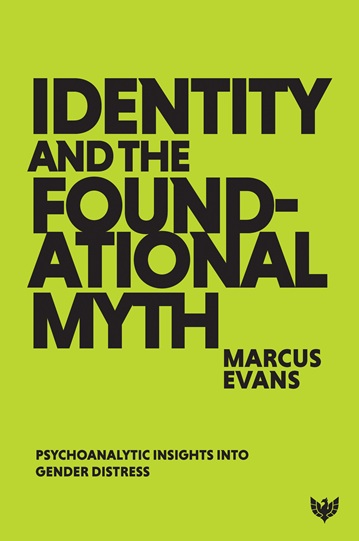Buddhist Psychotherapy: Connecting Early Buddhism to Mindfulness and Western Psychotherapy

Book Details
- Publisher : American Psychological Association
- Published : September 2025
- Cover : Paperback
- Pages : 320
- Category :
Individual Psychotherapy - Category 2 :
Forthcoming - Catalogue No : 98347
- ISBN 13 : 9781433841637
- ISBN 10 : 1433841630
There are currently no reviews
Be the first to review
A rich resource enabling therapists to bring Buddhist philosophy to modern psychotherapy.
Mindfulness-based interventions have become popular mental health treatments in recent years, but these interventions are typically applied by practitioners who lack knowledge of the interventions’ Buddhist origins. The historical, religious, and philosophical foundations of mindfulness offer essential insights for clinicians and researchers alike.
This book, a collaboration between two practicing psychologists and an ordained Buddhist nun, examines the early Buddhist philosophical roots of mindfulness and provides a model for modern psychotherapy. In Buddhist psychotherapy, the therapist listens to a client discuss their concerns, considers how the client’s suffering can be conceptualized from a Buddhist worldview, and uses mindfulness and other techniques taught by the Buddha to address the source of their suffering. This framework does not rely on any specific spiritual belief, but instead seeks to alleviate client suffering in a world where everything is ultimately impermanent and impersonal.
Amply illustrated with quotes from early Buddhist literature as well as modern clinical examples, this rich volume will help modern psychotherapists deepen their understanding of mindfulness and enrich their practice.
Table of Contents
Prologue: Our Background and Interest in Linking Buddhism with Psychotherapy
Introduction: Linking Western Mindfulness to Early Buddhism
Part I - Foundations of Buddhism and Buddhist Psychotherapy
1. Background on the Buddha and Early Buddhist Texts
2. Buddhist Psychotherapy Versus Buddhism the Religion
Part II - Impermanence
3. Impermanence
Part III - Not-Self
4. The Five Aggregates: Component Parts of How Humans Experience Existence
5. How the Five Aggregates Work Together
6. How We Construct a Notion of a Self
Part IV - Dukkha
7. Dukkha Defined
8. The First Dukkha: Suffering Due to Birth, Aging, and Death
9. The Second Dukkha: Suffering Due to Situational Change
10. The Third Dukkha: Suffering Due to Mental Formations
11. The Fourth Dukkha: Suffering Due to the Notion of a Self
12. The Cause and Remedy of Dukkha: The Second and Third Noble Truths
Part V - Interventions and Clinical Implications
13. Assessment
14. Employing the First Track of the Eightfold Path in Psychotherapy: Conduct
15. Employing the Second Track of the Eightfold Path in Psychotherapy: Mindfulness
16. Advanced Mindfulness in Psychotherapy: What to Contemplate in Meditation and Why
17. Employing the Third Track of the Eightfold Path in Psychotherapy: Wisdom
18. Three Arenas for Intervention in Buddhist Psychotherapy: A Model and Case Examples
Afterword: Summary and Future Directions
References
Glossary of Pali Terms
About the Author(s)
Liang Tien (Tien), is a retired professor from the California School of Professional Psychology PsyD Program-Hong Kong. Since retirement, she has earned a PhD in Buddhist studies at the University of Kelaniya, Sri Lanka, and is a cofounder of the Illumination of Mindfulness Institute at Alliant International University. She is a long-time meditator. As a licensed clinical psychologist, her independent practice focuses on individuals with ancestry from Asian Buddhist-based countries and woman with histories of abuse. Her research interest has been in ethics and immigrant acculturation.
Debra M. Kawahara, is the associate dean of Academic Affairs and distinguished professor at the California School of Professional Psychology, Alliant International University. She is the 2025 APA President. As a licensed clinical psychologist, her independent practice focuses on psychotherapy with individuals, couples, and families, as well as consulting and conducting trainings to organizations. Further, Dr. Kawahara is a multicultural feminist scholar whose work centers on intersectionality, Buddhist psychotherapy, women’s issues, leadership, and the application of multicultural, feminist, and social justice principles in practice. She is widely published and has presented nationally and globally.
Ven. Dhammadinna, took robes in 1983 at the age of 25. From 1985 until 2006 she studied under several esteemed meditation teachers in Southeast Asia and India, namely Ven. U Pandita Sayadaw, Dipama Barua, Ajahn Buddhadasa, Ajahn Sumedho, and His Holiness the Dalai Lama. She began teaching retreats in 1989. In 2006, she accepted an invitation to return to the States and is a resident teacher at Bodhiheart Sangha Buddhist Meditation Center.
Customer Reviews
Our customers have not yet reviewed this title. Be the first add your own review for this title.
You may also like
The Lost Legacy of Franz Alexander: A Psychoanalytic Pioneer Revisited
Ilonka Venier Alexander
Price £22.39
save £5.60
Identity and the Foundational Myth: Psychoanalytic Insights into Gender Distress
Marcus Evans
Price £23.19
save £5.80







